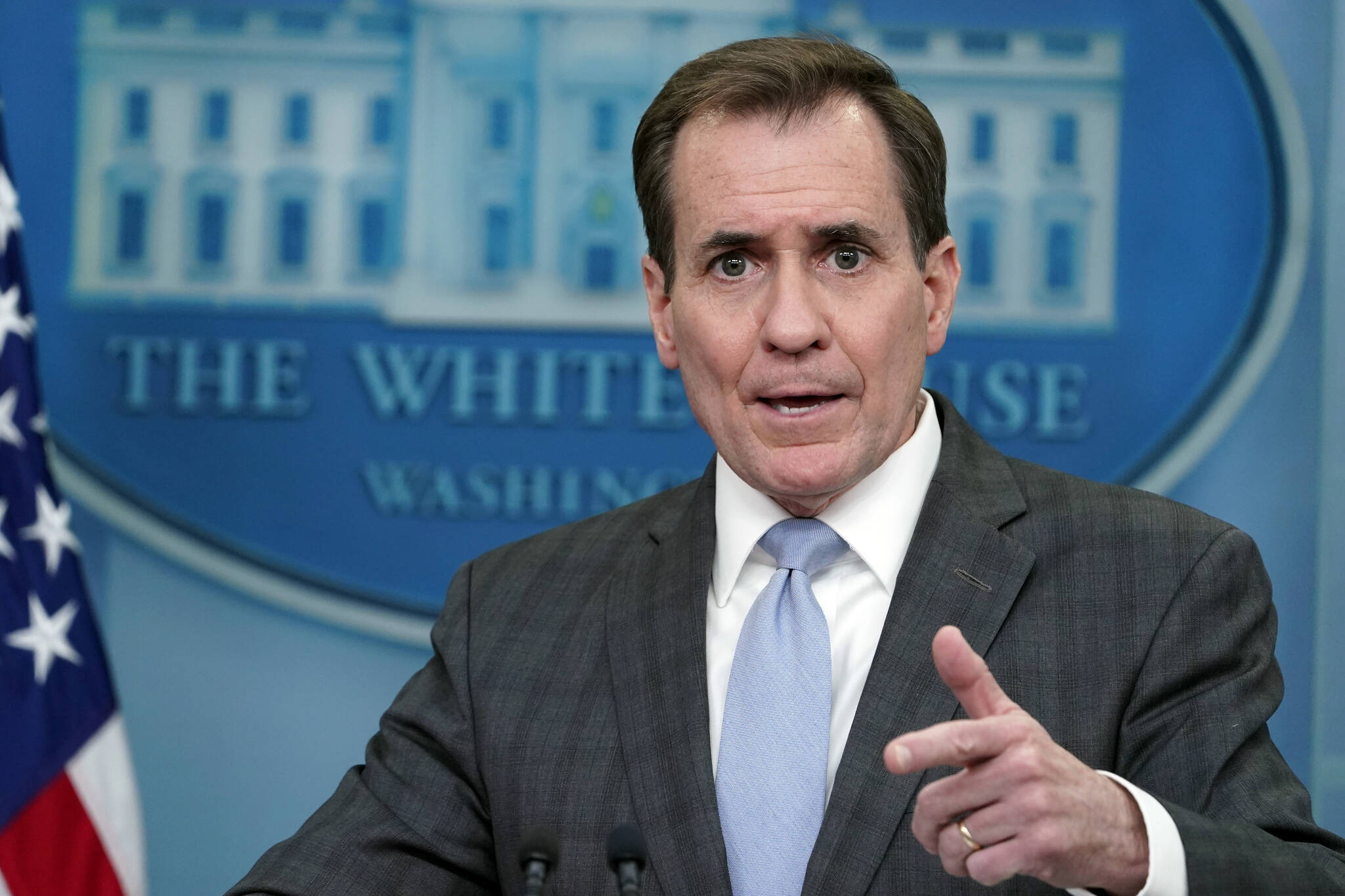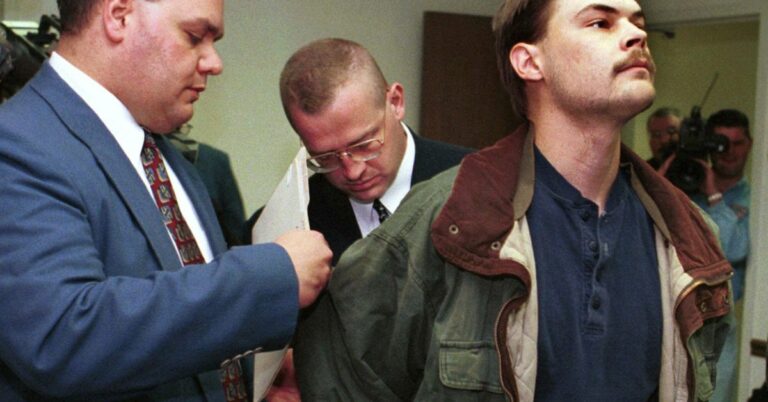
Pentagon Spokesman John Kirby’s Transition to the White House: Navigating the Labyrinth of Strategic Communication
Introduction
The recent announcement of Pentagon Spokesman John Kirby’s move to the White House has sparked widespread attention within the political and media circles. This transition marks a significant shift in the landscape of strategic communication, raising questions about the implications and complexities it entails. This article critically examines the multifaceted aspects of Kirby’s move, providing insights from various perspectives and analyzing its broader ramifications.
From the Pentagon to the White House: A Paradigm Shift
Kirby’s appointment as the National Security Council’s (NSC) Coordinator for Strategic Communications signals a departure from the traditional role of Pentagon spokespeople. While his tenure at the Department of Defense has primarily focused on military operations and policy, his new position places him at the heart of the White House communications machinery. This transition underscores the growing significance of strategic communication in shaping public opinion and guiding national security policy.
Kirby’s Qualifications and Expertise
Kirby’s military background and extensive experience in media relations have garnered him widespread recognition. His credibility and trustworthiness have been instrumental in effectively conveying complex military information to the public. Moreover, his understanding of the media landscape and his ability to craft clear and concise messages make him an ideal candidate for the role of NSC Coordinator for Strategic Communications.
The Convergence of Military and Civilian Communication
Kirby’s move to the White House highlights the increasing convergence between military and civilian strategic communication. In the modern era of interconnectedness and rapid information dissemination, it is crucial to coordinate military and civilian messaging to maintain a consistent and coherent narrative both domestically and internationally. Kirby’s appointment reinforces this trend, recognizing the importance of a coordinated approach to communication across different government agencies.
Challenges and Expectations
The transition from the Pentagon to the White House comes with a unique set of challenges and expectations. Kirby will be tasked with communicating the Biden administration’s national security priorities, managing crises, and engaging with a diverse audience that includes allies, adversaries, and the American public. His ability to navigate these complexities will be critical in shaping the perception of the administration’s foreign policy agenda.
Press Freedom and Government Transparency
Kirby’s role as NSC Coordinator for Strategic Communications will also test the delicate balance between press freedom and government transparency. The White House press corps will undoubtedly scrutinize his every word, seeking to hold the administration accountable and inform the public. Kirby’s challenge will be to provide timely and accurate information while respecting the need for confidentiality in sensitive national security matters.
Implications for National Security Policy
The appointment of a former Pentagon spokesman to the NSC has broader implications for national security policy. Kirby’s military background and understanding of military affairs could influence the administration’s decision-making process. His insights into military operations and capabilities may shape the development of national security strategies and policies. Conversely, his proximity to the President and the NSC may provide him with a unique platform to advocate for a more robust military posture.
Conclusion
John Kirby’s transition from the Pentagon to the White House is a pivotal moment in the evolution of strategic communication. His appointment as the NSC Coordinator for Strategic Communications underscores the growing importance of coordinated military and civilian messaging in the modern era. However, this transition also presents a complex set of challenges and expectations that Kirby must navigate effectively. His ability to convey the administration’s national security priorities, manage crises, and engage with a diverse audience will be critical in shaping the perception of the Biden administration’s foreign policy agenda.
Furthermore, Kirby’s background and experience could influence national security policy, raising questions about the potential for bias or limited perspectives. Nonetheless, his understanding of military affairs and his commitment to press freedom and government transparency could prove invaluable to the administration. Ultimately, the success of Kirby’s transition will depend on his ability to balance the competing demands of strategic communication and the complex realities of national security policy.




